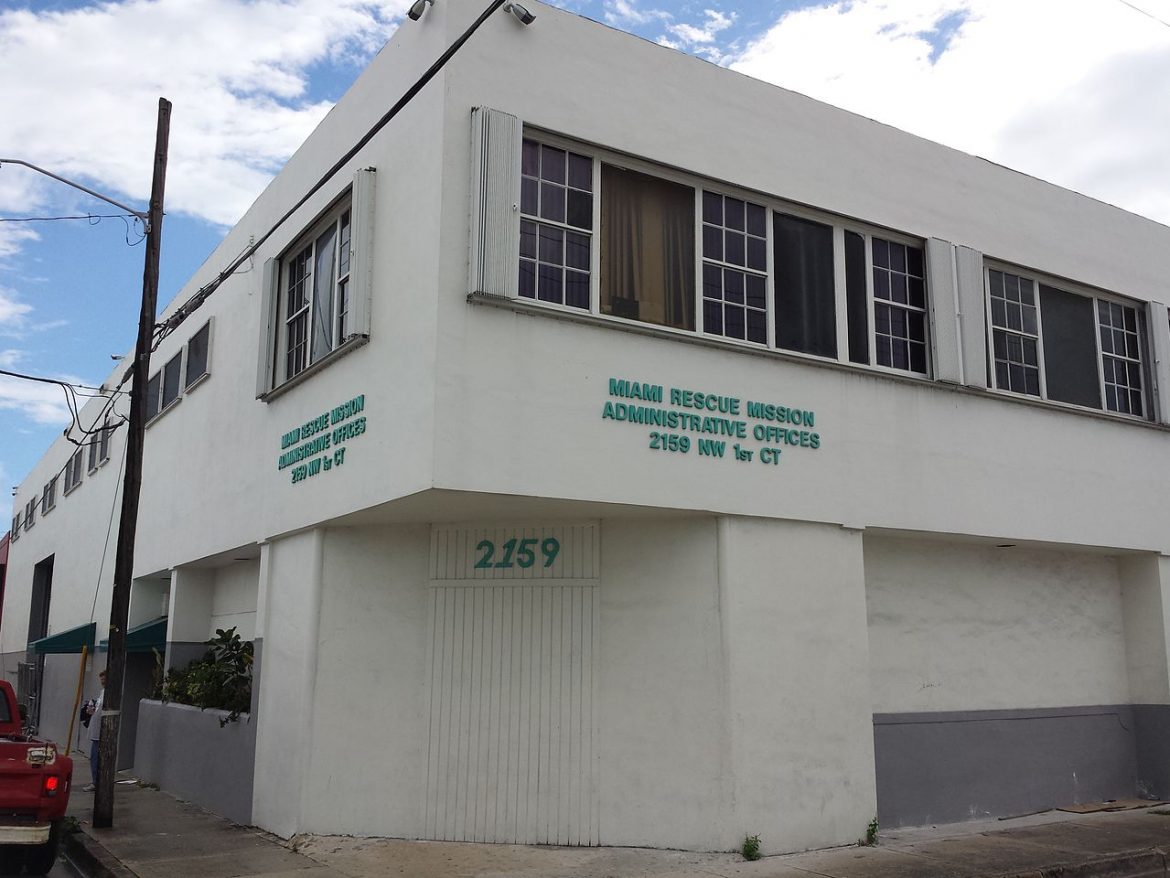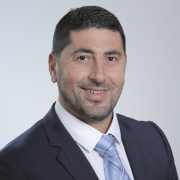A proposed new high-rise project in Downtown Miami will aim to to bring workforce housing — and potentially affordable housing — to the Miami Dade College Wolfson Campus to fill a need for more attainable living in the urban core. Three residential towers are expected to replace the seven-story College Station Garage at 190 NE Third St. After issuing a request for proposals late last year, the Miami Parking Authority selected a proposal on Tuesday from developers Related and Rovr over a proposal from Terra.
Three towers, between 39 stories and 48 stories, would sit on top of a new public parking garage with 1,350 spaces and retail on the ground floor.
The high-rise buildings will deliver a total of 1,200 units, including 180 workforce housing units and 780 market-rate units, according to the proposal. The component of 240 affordable housing units in the proposal may change or be eliminated based on further negotiations. The asking rents of the affordable housing units would be up to 50% of the area median income and the workforce housing units would be up to 140% of the area median income. The median household income is about $79,000 in the Central Business District, according to the last Miami Downtown Development Authority Demographics report published in 2018.
Related and Rovr’s proposal exceeded the Parking Authority’s minimum requirement of 8% workforce housing. Units range in layout from a 500-square-foot studio to an 1,100-square-foot unit with two bedrooms, two bathrooms and a den. Rents continue to rise across South Florida. But Downtown Miami has one of the highest year-over-year increases given the influx of firms relocating from across the Northeast to the urban core. The ZIP code 33132 has a median rent of $4,000, up nearly 74% from December 2020, according to year-over-year data from the rental housing site RentHub.
Thousands of affordable and workforce housing units are needed to ease the long-running affordability crisis in Miami, said Annie Lord, executive director of Miami Homes For All.
“You’re talking about the center of a community where you have the concentration of education, jobs, mass transit, that is where we absolutely need to focus mixed-income development,” Lord said. “The public has a right to demand a contribution for affordable housing to meet the needs of the people that live in the city. It is the number one need and we are in a state of emergency. If it was a crisis a year ago, we’re in a state of emergency today.”
The project is the first mixed-income development so far in Downtown Miami. The closest completed project, Lord said, is Brickell View Terrace in Miami’s financial district. Miami Dade College faculty and students will have priority for the affordable and workforce housing, said Oscar Rodriguez, principal of Rovr Development. His firm and Related will also focus on providing housing to “our middle class, who we believe need the most options, including nurses, teachers, emergency workers, municipal workers,” he said.
“We are at an inflection point in Miami,” said Rodriguez. “If we don’t start to work together to provide this type of opportunity to the people who have worked and are the backbone to our society, we are wasting an opportunity. We believe that the best project takes all the needs into account.” Negotiations start in two weeks regarding the final project plans, said Alejandra Argudin, CEO of the Miami Parking Authority.
Some project details might change, she said, over the next few weeks. Final details, she said, are still being ironed out.
“How can the authority make a decision that is so transformational? You don’t get those chances all the time,” said Argudin. “This was our one chance. We wanted to make sure we got it right. We thought it was important.”
Rodriguez said negotiations usually take about five months. Afterwards, the developers will focus on finalizing the design. The goal would be to start construction during the first quarter of 2023 and complete the first phase by the first quarter of 2024. Related and Rovr will land a 99-year lease agreement, said Argudin, and the Miami Parking Authority will earn all of the parking revenue and a portion of the commercial leases. In the first 30 years, she said, the Miami Parking Authority anticipates earning $116 million.
Source: Miami Herald


